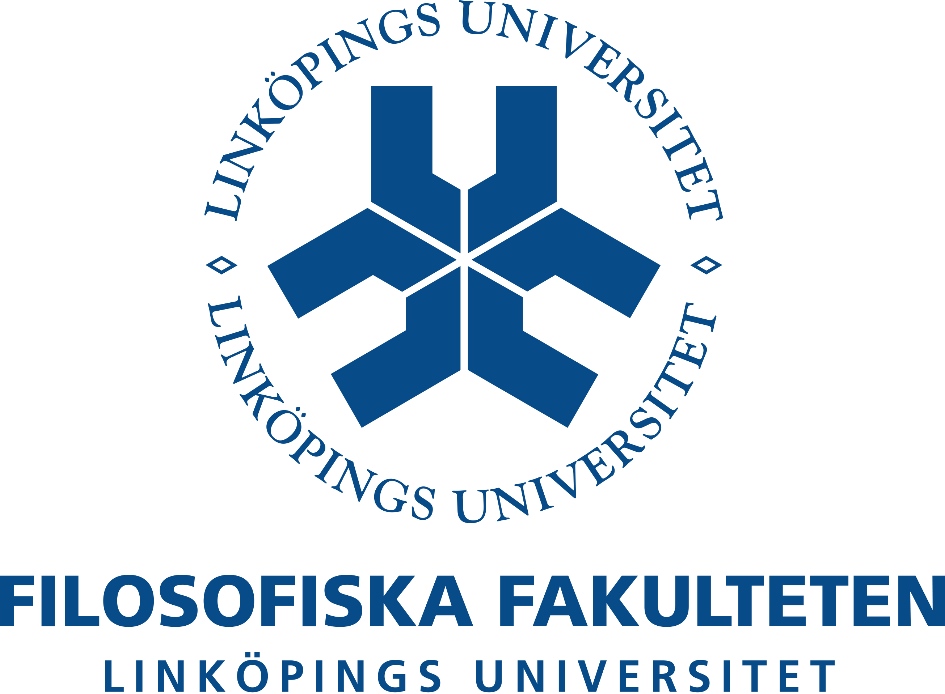|
|
| |
| KURSPLAN |
| Institutions, Institutional Change and Sustainable Development, 5p |
| |
Kurskategori Course within the Programme - Master of Science in Water Resources and Livelihood Security
Huvudområde Vatten i natur och samhälle - VNA
Ämnesområde
|
|
Kurskod |
|
HASMD2 |
|
| Mål |
| The aim of this course is to provide a deeper knowledge about the management of natural resources from the perspective of institutional theory. The main theorietical points of departure are new institutional theory and political science institutional theory. The history, present systemacy and potential future development of incentive structures at the local, national and global levels affecting individual, organisational and political decision-making with a bearing on natural resource management are studied |
| Kursinnehåll |
| The course focuses on the institutional contexts in which natural resources such as land use (with a connection to food production), water, renewable and non-renewable energy sources, the ozon layer, chemicals, climate change are managed. Local and regional case studies from Sweden and other countries are combined with case studies at the global level. Moreover, the course contains practical and method-related exercises in the collection of empirical material by interviews, and the systematisation and analysis of such materials. The use of these techniques is specifically applied to institutional environmental issues. |
| Undervisning/Arbetsformer |
| The pedagogic forms used are defined as project and problem based, where the students individual learning and critical thinking are in focus. This includes group assignments, lectures, seminars, laboratory work and excursions |
| Examination |
Examination of the students are based on active participation in group work, seminars, laboratory work and excursions. Written assignments and oral presentation is also basis for grading of the students.
Studerande som ej blivit godkänd vid ordinarie examinationstillfälle erbjuds normalt ytterligare två extra tillfällen enligt denna kursplan, varav ett i nära anslutning till det första examinationstillfället.
Studerande som underkänts tre gånger på kursen eller del av kursen har rätt att begära en annan examinator vid förnyat examinationstillfälle.
Den som godkänts i prov får ej delta i förnyat prov för högre betyg. |
| Förkunskap |
Minimum formal requirements for admission to the course include earlier studies at least up to a level corresponding to two years of study at a Swedish university. All applicants must fulfil the specific requirement, that is in-depth studies of approximately two semesters of full-time study in the major subject relevant to the programme. (Environmental Science or any other relevant subject). The previous studies should include knowledge on BA level in institutional economics, resource management, sociology, and political science or related fields of studies. An interest in and basic knowledge of biology, ecology and/or soil science is recommended. |
| Betyg |
|
| Kursbevis |
| Kursbevis utfärdas av filosofiska fakultetsstyrelsen, efter begäran av den studerande. Begäran om bevis ska göras på särskild blankett (finns på institutionen). Blanketten lämnas till StudentCentrum. |
| Kurslitteratur |
| Lista över kurslitteratur
fastställs av ansvarig institution/motsvarande |
| Övrigt |
Planering och genomförande av kurs skall utgå från kursplanens formuleringar. Den kursvärdering som skall ingå i varje kurs skall därför behandla frågan om hur kursen överensstämmer med kursplanen.
Kursen bedrivs på ett sådant sätt att både mäns och kvinnors erfarenhet och kunskaper synliggörs och utvecklas. |
| |
Institutions, Institutional Change and Sustainable Development
Institutions, Institutional Change and Sustainable Development |
| |
| Kursansvarig är:
Tema - Institutionen för Tema |
| |
|
|
|
|
|
| Dnr: 582/02-41 |
|
Kurskod: HASMD2 |
|
|
|
| |
|
Provkoder: (se
förteckning i
LADOK) |
|
|
|
| Ämne: Vatten i natur och samhälle - VNA |
|
|
|
|
|
| |
|
|
|
|
|
| Nivå |
|
Utbildningsnivå |
|
|
Ämneskod |
|
Utbildningsområde |
|
| D |
|
|
|
|
VNA |
|
NA |
|
|
Fastställd av styrelsen vid Tema - Institutionen för Tema 2004-04-20 på delegation av filosofiska fakultetsnämnden.
|
|
|
